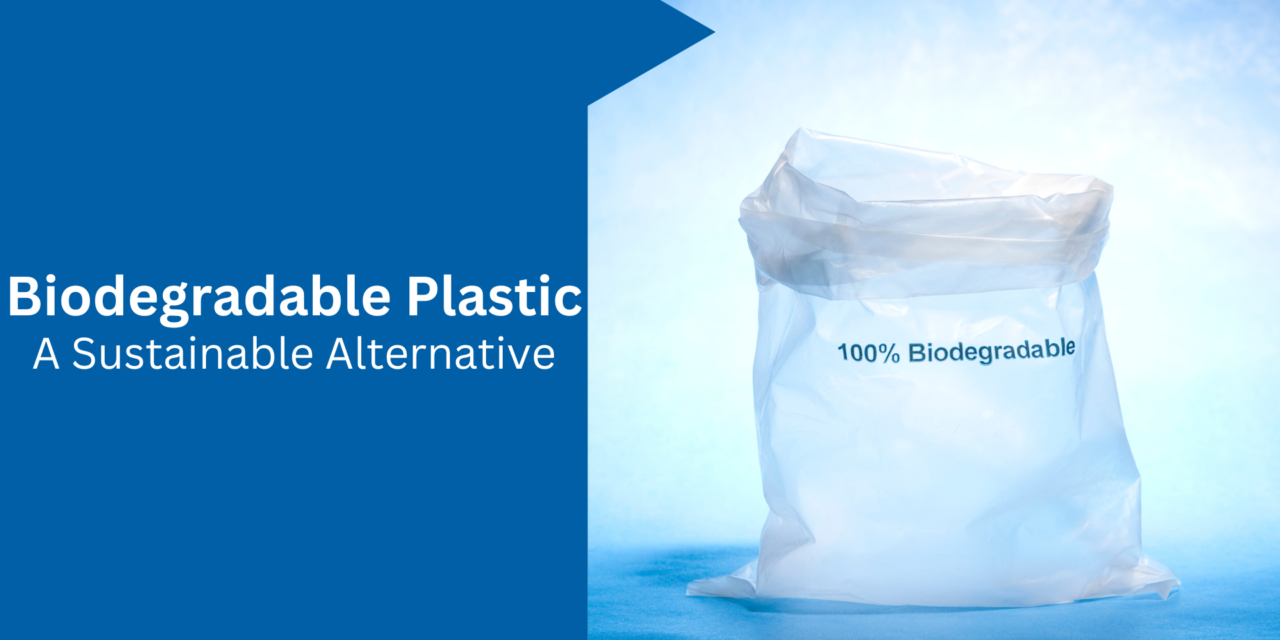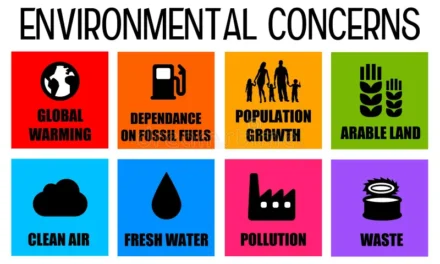Specialty chemicals play a crucial role in the production, performance enhancement, and sustainability of biodegradable plastics, enabling them to meet the demands of various applications while addressing environmental concerns. These chemicals are essential in every stage of biodegradable plastic development, from polymerization to final product functionality. Here’s an in-depth look at their role:
1. Enhancing Polymer Properties
- Performance Optimization:
- Specialty chemicals improve the mechanical, thermal, and processing properties of biodegradable plastics to match or exceed conventional plastics.
- Examples:
- Plasticizers enhance flexibility and softness.
- Impact modifiers improve toughness and resistance to cracking.
- Tailored Degradation Rates:
- Additives can be used to control the biodegradation rate, making it suitable for specific applications like packaging or agricultural films.
2. Facilitating Polymer Production
- Catalysts and Initiators:
- Specialty catalysts are used in polymerization processes to produce biodegradable plastics efficiently.
- Examples:
- Tin-based catalysts for polylactic acid (PLA) production.
- Enzyme-based catalysts for bio-polyhydroxyalkanoates (PHAs).
- Chain Extenders:
- Help increase molecular weight and improve mechanical properties.
- Example:
- Chain extenders for enhancing tensile strength in PLA.
3. Biodegradation Enhancement
- Degradable Additives:
- Specialty chemicals are added to promote and regulate microbial activity for controlled biodegradation.
- Example:
- Oxo-biodegradable additives that aid in the fragmentation of plastics.
- Hydrolytic Agents:
- Compounds that enhance hydrolysis, a critical step in biodegradation for specific polymers.
4. Improving Processing and Manufacturing
- Processing Aids:
- Specialty chemicals facilitate smooth production processes by improving flow, reducing friction, and enhancing extrusion or molding performance.
- Examples:
- Lubricants for ease of processing during extrusion.
- Slip agents to reduce surface friction.
- Stabilizers:
- Protect polymers from thermal or UV degradation during processing.
- Examples:
- Heat stabilizers for ensuring polymer integrity during high-temperature molding.
5. Functional Additives for End-Use Applications
- Barrier Enhancements:
- Specialty chemicals improve water vapor or gas barrier properties for biodegradable packaging.
- Examples:
- Nanoclays or silicon oxide coatings for enhanced barrier performance.
- Colorants and Pigments:
- Biodegradable colorants ensure the aesthetics of plastics without compromising biodegradability.
- Example:
- Eco-friendly pigments for food packaging films.
- Antimicrobial Agents:
- Extend the shelf life of packaged goods by preventing microbial growth.
- Examples:
- Silver-based or natural antimicrobial additives.
6. Supporting Circular Economy
- Compostability Enhancers:
- Chemicals that help plastics meet industrial compostability standards.
- Example:
- Additives that accelerate the disintegration of PLA in composting conditions.
- Recyclability Facilitators:
- Specialty chemicals improve the compatibility of biodegradable plastics with recycling systems.
7. Applications Across Industries
- Packaging:
- Barrier additives and processing aids enhance the performance of biodegradable films and containers.
- Examples:
- PLA and PHA in food packaging.
- Agriculture:
- Biodegradable mulch films and seed coatings benefit from degradation enhancers and stabilizers.
- Medical and Healthcare:
- Specialty chemicals enable the development of biodegradable sutures, implants, and drug delivery systems.
- Textiles:
- Fibers made from biodegradable polymers like PLA are enhanced with stabilizers and softeners.
8. Challenges and Innovations
- Cost Parity:
- Biodegradable plastics are often more expensive than conventional plastics due to raw material and processing costs.
- Solution:
- Specialty chemicals like efficient catalysts and processing aids lower production costs.
- Performance Trade-Offs:
- Balancing biodegradability with mechanical strength and thermal stability can be challenging.
- Solution:
- Advanced additives and polymer blends optimize performance without compromising environmental benefits.
- Regulatory Compliance:
- Meeting standards for biodegradability and compostability requires precise formulations.
- Solution:
- Specialty chemicals ensure adherence to certifications like ASTM D6400 and EN 13432.
9. Future Trends
- Bio-Based Additives:
- Development of additives derived from natural sources to align with the sustainable nature of biodegradable plastics.
- Smart Biodegradability:
- Specialty chemicals enabling plastics to degrade only under specific conditions, such as industrial composting or marine environments.
- Nanotechnology Integration:
- Use of nanomaterials to enhance barrier properties, mechanical strength, and biodegradability.
10. Environmental Impact
- Reduction in Carbon Footprint:
- Bio-based specialty chemicals reduce reliance on fossil fuels, contributing to overall sustainability.
- Waste Management Solutions:
- Specialty chemicals enable plastics to break down in natural environments or controlled composting, reducing plastic pollution.
Conclusion
Specialty chemicals are central to the development and optimization of biodegradable plastics, addressing challenges in performance, sustainability, and cost. By enabling tailored properties and supporting eco-friendly practices, these chemicals are driving innovation and advancing biodegradable plastics as a viable alternative to conventional plastics. As demand for sustainable materials grows, specialty chemicals will continue to play a pivotal role in shaping the future of the biodegradable plastics industry.
Hashtags
#SpecialtyChemicals #BiodegradablePlastics #GreenPlastics #EcoFriendlyMaterials #BioplasticsInnovation #Sustainability #EnvironmentalImpact #SustainablePlastics #EcoFriendlySolutions #GreenChemistry #LowCarbonPlastics #SustainableMaterials #Technology #Innovation #PlasticRevolution #AdvancedMaterials #InnovativeChemicals #SmartBioplastics #NextGenPlastics #CircularEconomy #WasteReduction #CircularPlastics #ReducePlasticWaste #CompostablePlastics #CircularChemistry










